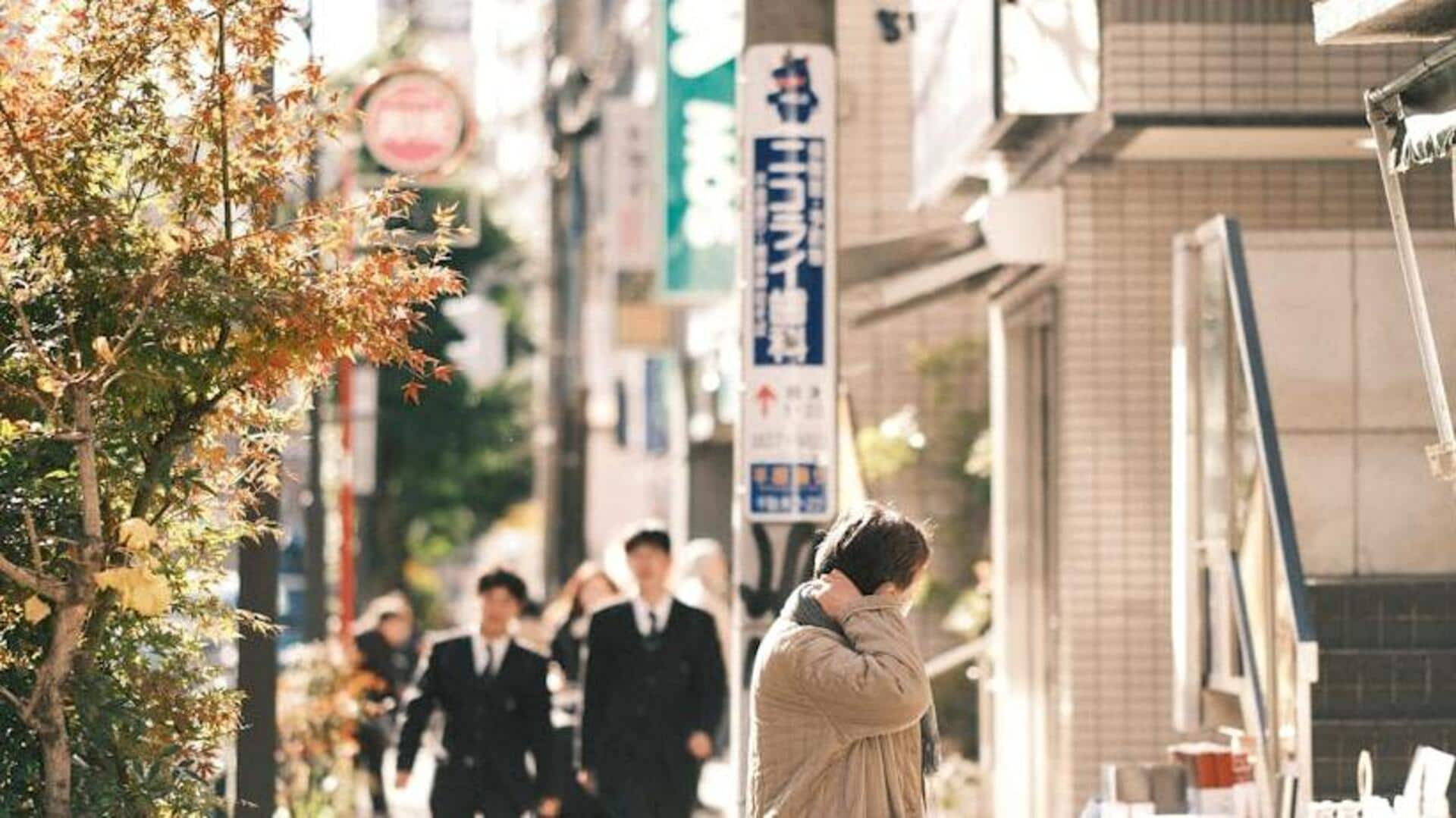
Five unknown acts of kindness in Japan
What's the story
We all know Japan is famous for its rich culture and traditions.
But beyond the widely known customs, there are quiet acts of kindness that seep into daily life.
These gestures are often missed by outsiders. However, they contribute immensely to keeping the peace and respect in the society.
From small courtesies to thoughtful practices, these acts are quintessentially Japanese.
Omiyage tradition
Thoughtful gift-giving
Omiyage refers to the practice of bringing back souvenirs or gifts for friends, family, or colleagues after traveling.
This gesture is not just about the gift itself but signifies thoughtfulness and appreciation for relationships.
It is common for people to spend time selecting items that reflect the place visited, showing their care and attention to detail.
Train etiquette
Silent apologies on public transport
Trains are the most widely used mode of transport in Japan's busy cities.
Whenever someone accidentally bumps into another passenger or causes inconvenience, it is customary to offer a silent apology through a slight bow or nod.
This non-verbal communication helps maintain peace and shows respect without disrupting others' space.
Lost-and-found culture
Returning lost items with care
The practice of returning lost items is deeply ingrained in Japanese society.
If someone finds an item like an umbrella or wallet left behind in public spaces, they often take it to a nearby police station or lost-and-found center.
This act reflects trustworthiness and community responsibility.
Street assistance
Helping strangers navigate streets
Japanese people are known to go out of their way to help a stranger find their way when asked for directions.
Instead of just pointing out directions verbally, they might walk with the person partway until they're sure they get where they need to go.
This act is reflective of their hospitality and willingness to help others.
Quiet consideration
Respectful silence in public spaces
In public areas like trains or waiting lounges, silence is deemed the polite way to behave in Japan.
People steer clear of loud conversations on phones or with companions out of respect for others who may be resting or focusing on their work.
This quiet respect enables an atmosphere where all can co-exist peacefully without being disturbed.